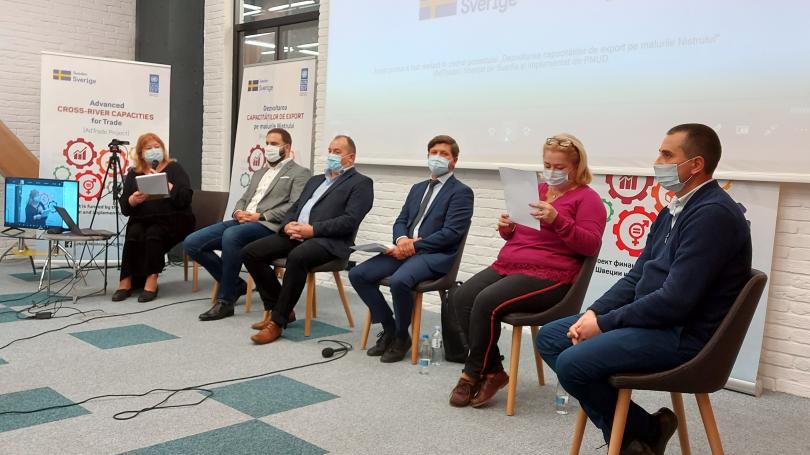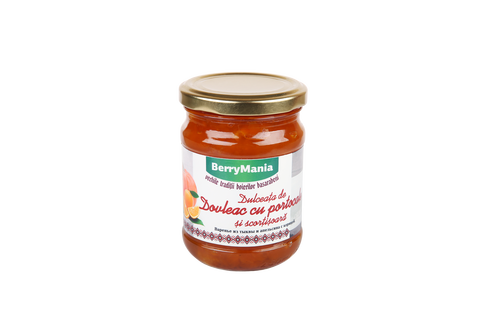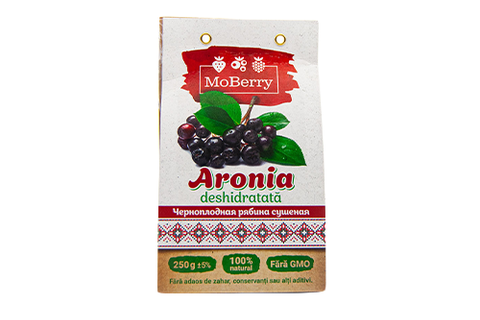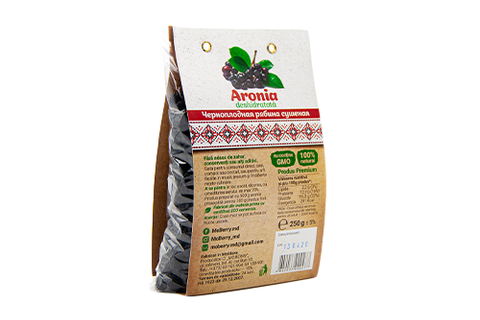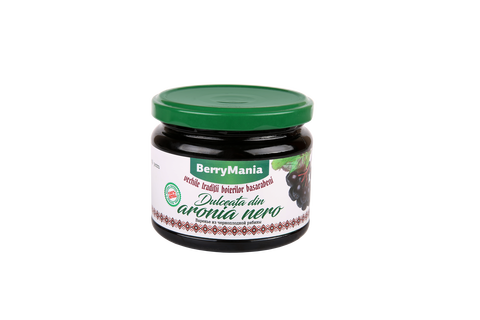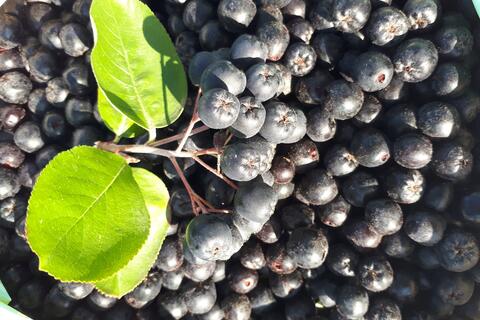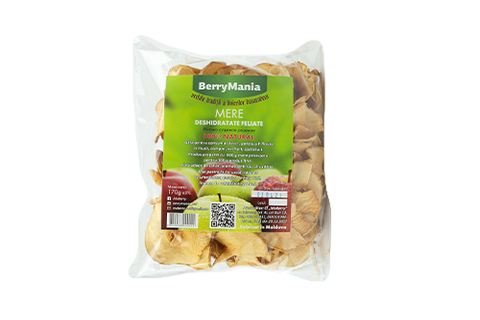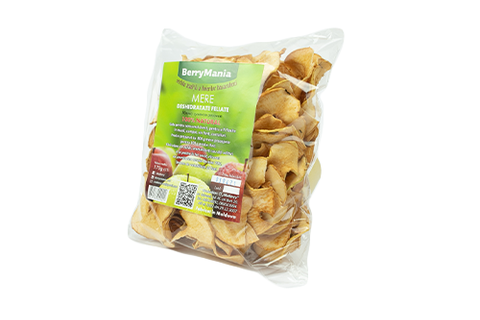How the pandemic crisis affected the business of berry farmers on both banks of the Nistru river
The Covid-19 pandemic and this year's drought have been a real challenge for farmers. The decrease of the population's income, caused by the pandemic crisis, the lack of qualified labor, but also the difficulties encountered in the export of the products has affected this year also the business of the berry farmers. With the help of the "Advanced Cross-River Capacities for Trade" (AdTrade) project, funded by Sweden and implemented by UNDP, berry farmers are trying to overcome the difficulties and even find markets abroad. The topic was discussed at the first online meeting of the Press Club initiated by the UNDP / AdTrade project to discuss the impact of the pandemic crisis on exports on both banks of the Nistru river, in particular the difficulties faced by entrepreneurs, and solutions to overcome them.
Aneta Ganenco, president of the "Pomușoarele Moldovei" Association and manager of the "MoBerry" Entrepreneurial Cooperative, said that this year's drought has affected farmers' businesses to a greater extent than the Covid-19 pandemic.
"People continue to consume, produce and sell, even during the pandemic. In the purchasing segment, some elements have changed, emerging from the crisis situation, which is a consequence of the pandemic. This translates into a decrease in the income of the population, in the fact that some have lost their jobs. However, the pandemic has made people eat healthier to strengthen their immunity and buy our products. Basically, the recognition of benefits offset the decline in sales we expected. On the other hand, the drought has greatly affected the harvest this year", pointed out Aneta Ganenco.
She emphasized that through the AdTrade project, entrepreneurs were able to take steps forward even during the time of crisis. Thus, with the help of Sweden and UNDP, a database of berry farmers on both banks of the Nistru was developed. This database is very useful for organizing the activities of the Association: trainings, study visits, demonstration fields, testing lots of new varieties of berries, but also the export of products.
Irina Pompuș from Teleșeu village, Orhei district, owns a blackberry plantation with an area of 1 ha. Like all farmers, she wants to diversify her sales market and be able to export her goods abroad. Therefore, she joined the association "Pomușoarele Moldovei", which benefits from the financial assistance of Sweden in the UNDP project "Development of export capacities on the banks of the Dniester" (AdTrade) to find new markets and sign advantageous contracts, launch an online store and obtain the necessary certificates to be able to sell fresh, frozen or processed berries on the market of the European Union. With the help of the AdTrade project, the Association "Pomușoarele Moldovei" and "MoBerry" have already identified 300 farmers, who cultivate berries, on both banks of the Nistru River, who have expressed their prior agreement to combine efforts to ensure the continuous export of high-quality berries to the European Union.
"Until the pandemic, we were selling mostly wholesale"
Igor Golban, a farmer of almonds, walnuts, sea buckthorn, fruits and eco-certified seeds from Carahasani village, Ștefan Vodă district, cultivates around 30 hectares of agricultural land, of which 21 hectares are cultivated with nuts. This year, the fruit was smaller than the previous years, 85 percent being sold on the local market, says the farmer.
"Until the pandemic, we sold mostly wholesale. At the beginning of the pandemic we did not have sales, because the institutions with which we had contracts, such as kindergartens, schools, but also the companies from HORECA were not active, but the online sales increased. We were not prepared, we hired people for the delivery service. Sales of large contracts with state institutions began to increase in September. Online demand has grown and continues to grow", Igor Golban.
Association - the key factor in accessing sales markets
During the press club initiated by the AdTrade project, economic expert Andrei Crigan referred to the ability of local farmers to export goods abroad, this being one of the few opportunities to grow their business, as the local market is extremely small. According to him, the volume of exports of goods from the Republic of Moldova to the EU market increased from 33.8% in 2000 to 64.8% in 2020. Also, products from the Republic of Moldova reach other countries of the world, says the expert.
"The Republic of Moldova must export its own products to increase sales volume, to make a profit, but also to create a more efficient production process. Exports mean even less dependence on many factors, such as seasonality and customers. The development of competition at the local level is also a necessity, but it is interdependent with exports ", stressed Andrei Crigan.
To facilitate the export process, local producers need to unite in associations and cooperatives.
"Association means for entrepreneurs access to markets and stability in development. Important, in this sense, is the possibility of attracting investments and increasing access to advanced technologies. The association also means participation in a value chain ", pointed out Iurie Ușurelu, an agro-business expert.
The AdTrade project provides assistance in creating long-term trade links between entrepreneurs on both banks of the Dniester and in building an environment of trust and cooperation in the region. The initiative stimulates and promotes exports of goods and services from the region, by accessing the opportunities offered by the Deep and Comprehensive Free Trade Agreement (DCFTA). The project supports the development and increase of the competitiveness of micro, small and medium enterprises (SMEs) and contributes to the creation of new companies, which, implicitly, will lead to the improvement of the living conditions of the inhabitants on both banks of the Nistru river. The project is implemented by UNDP in the period 2019-2022, with the financial assistance of Sweden.

